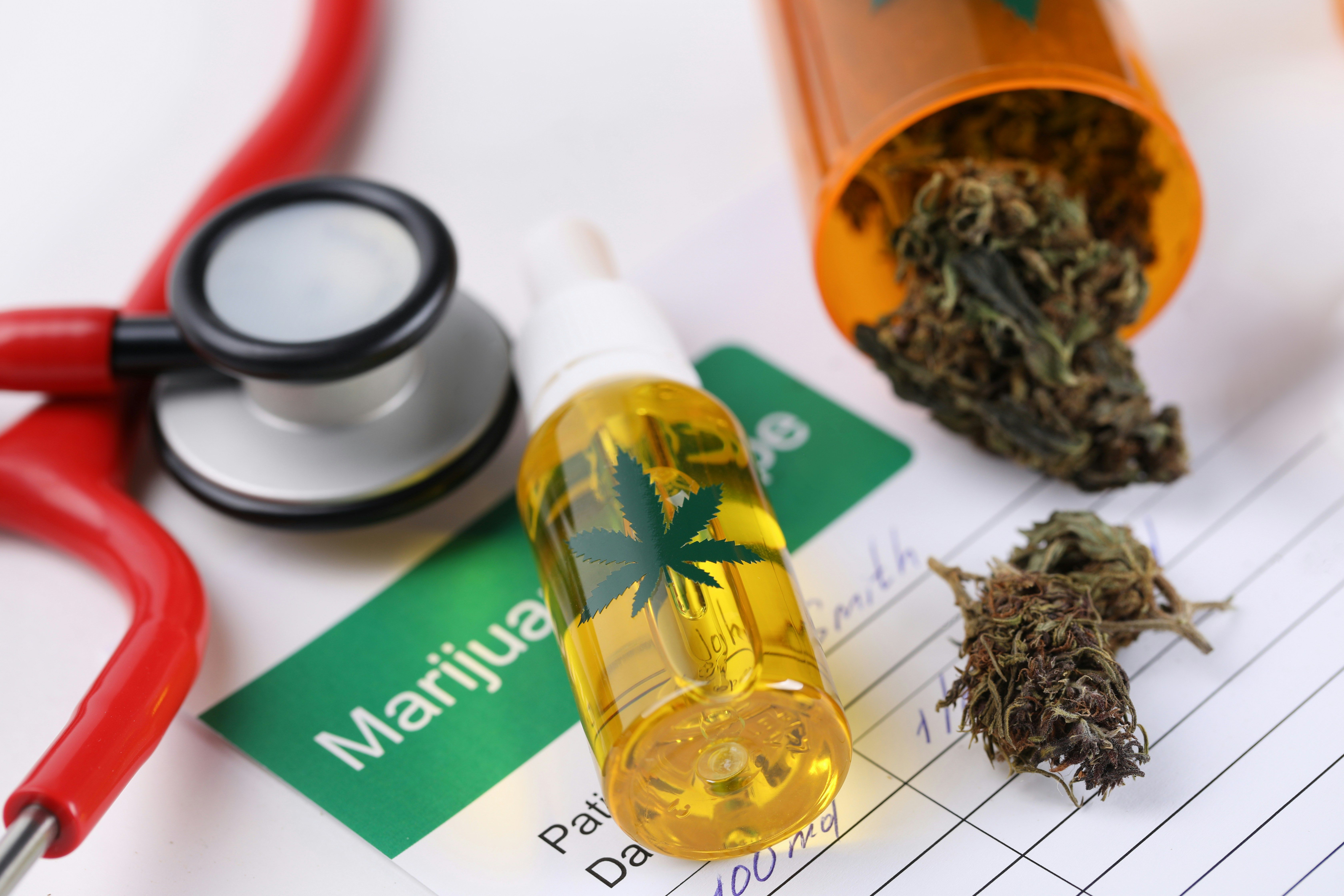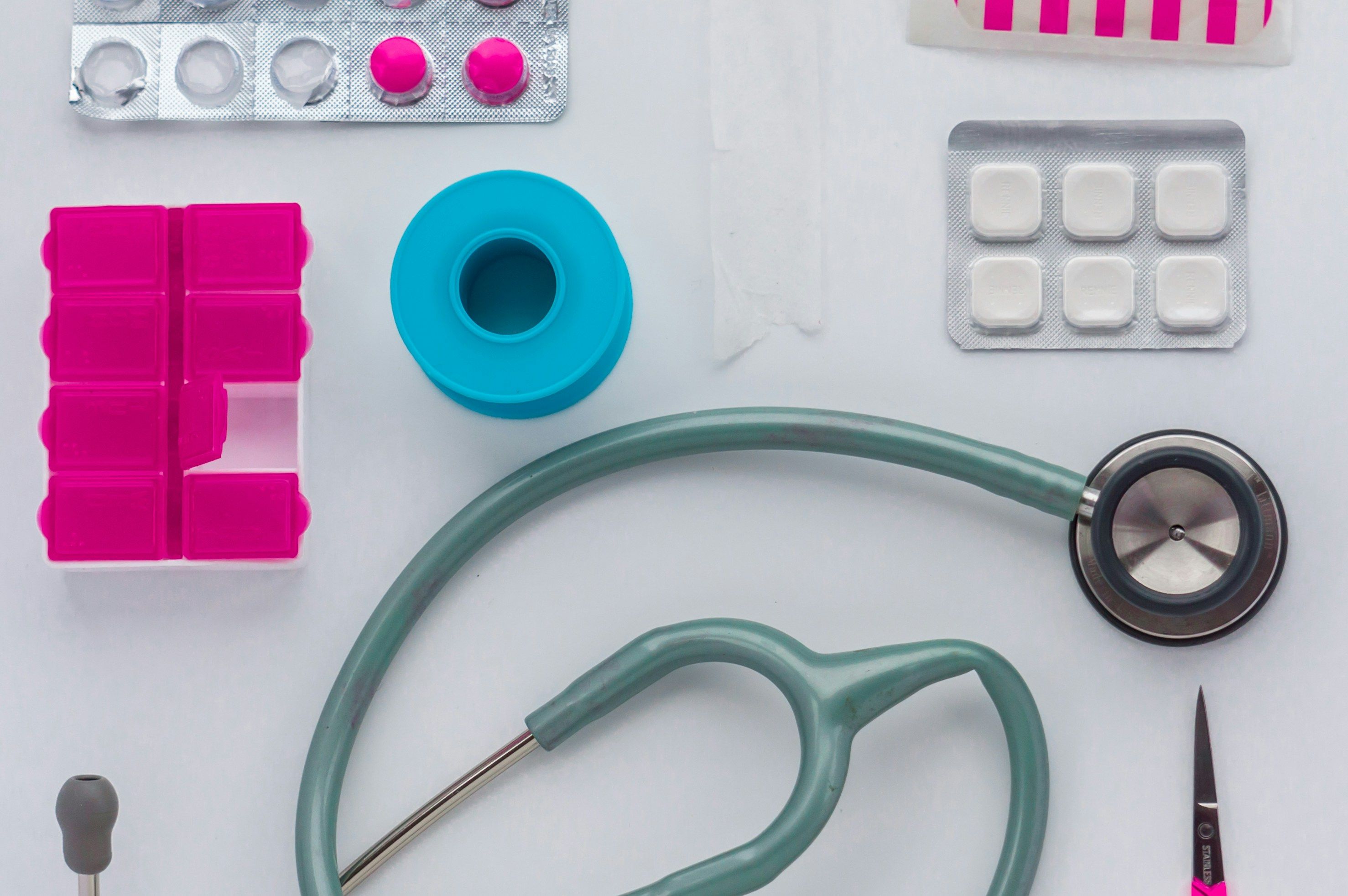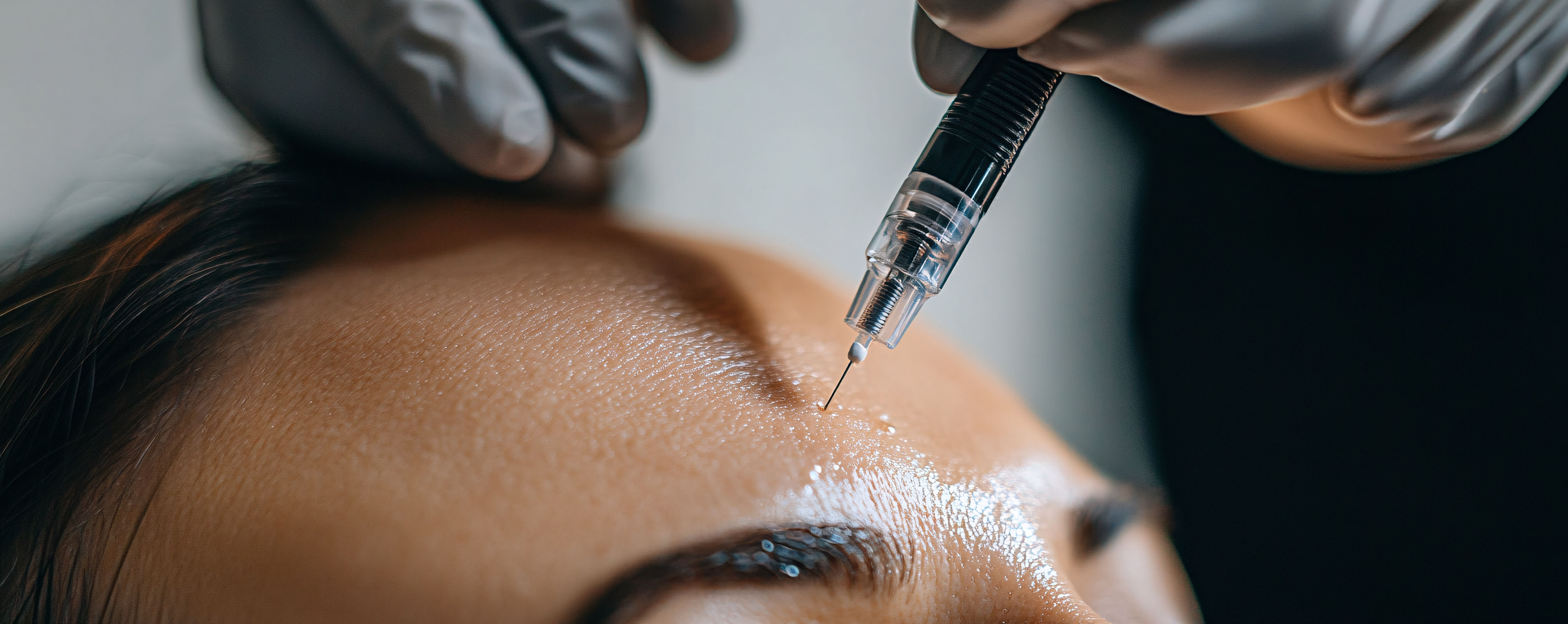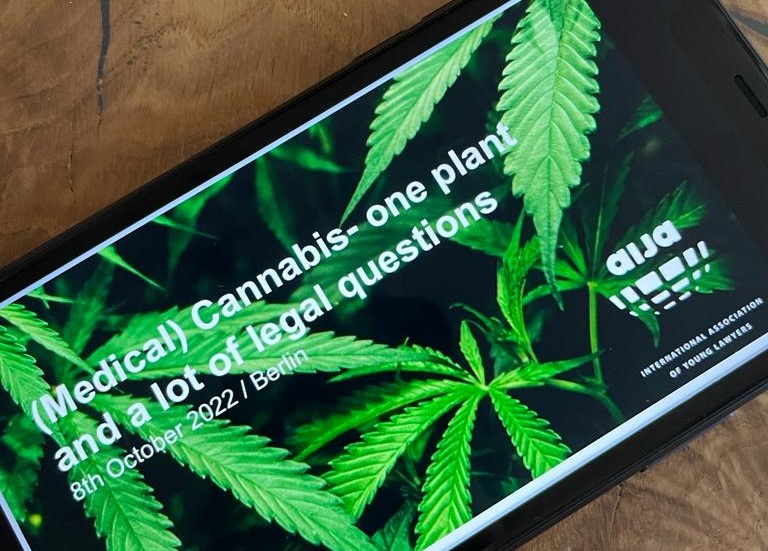The increased use of modern information and communication technologies (ICTs) in healthcare is important and helpful on many levels. It can serve efficient healthcare in times of demographic change, enables better access to medical expertise for a large part of the population, leads to cost savings, and networks patients, physicians, and payers. In parallel, of course, the corresponding laws are also changing and create a more complex legal framework (e.g., Appointment Service and Care Act, Digital Care Act and Digital Health Applications Ordinance, Patient Data Protection Act).
The field of eHealth is also growing. Therefore, electronic patient records (ePA), health cards (eGK), e-prescriptions, telediagnostics, data security for wearables (fitness trackers), and medical apps will play increasingly important roles in our lives in the coming years. This leads to enormous business opportunities.
To take advantage of these opportunities, it is important to process the sensitive health data of your customers in a legally compliant manner. SKW Schwarz advises your company with a holistic and innovation-oriented view on all issues related to eHealth, including the following topics:
















